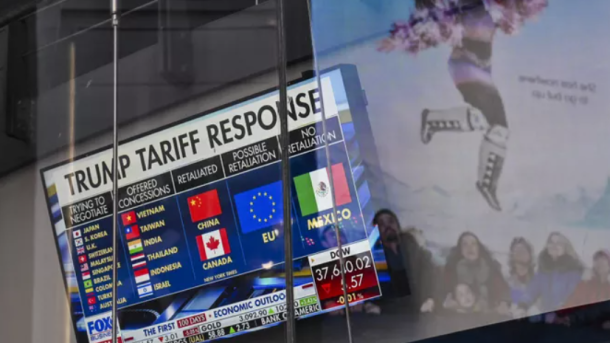Trade War Escalation between the United States and China took another dramatic turn on Wednesday, as President Donald Trump announced a significant increase in tariffs. Hours after Beijing retaliated by imposing a hefty 84% tariff on U.S. goods, Trump raised Chinese import duties to a staggering 125%, citing the need to protect U.S. markets and counteract China’s trade practices.
The escalation of this trade dispute has caused serious ripples in global markets, with both countries continuing to leverage tariffs as a tool in this high-stakes economic conflict. Trump, in a statement on Truth Social, expressed his frustration with China’s handling of international trade, saying, “China has shown a lack of respect for the World’s Markets, and it is time for them to realize that their actions are no longer acceptable.”
Trade War Escalation: The U.S. Response
Trump’s latest tariff increase comes after a series of retaliatory actions from Beijing. The Chinese government initially responded to Trump’s tariffs last week by implementing a 34% tariff on U.S. goods, promising to take further action if the U.S. persisted. This week, China hit back with an 84% tariff, prompting the White House to enforce even more stringent measures. Trump’s decision to impose a 125% tariff was immediate, effective right after midnight, sending a strong message to China about the United States’ resolve in the ongoing trade conflict.
Trade War Escalation: The Global Impact
The global economic landscape is bracing for further fallout from the Trade War Escalation, with experts predicting long-term repercussions for markets worldwide. The tensions between the U.S. and China are damaging trade relationships and straining multilateral systems that previously governed international trade. As both nations continue to clash over tariffs, the future of global commerce remains uncertain, with businesses and countries closely watching the next moves.
Source: www.investopedia.com



